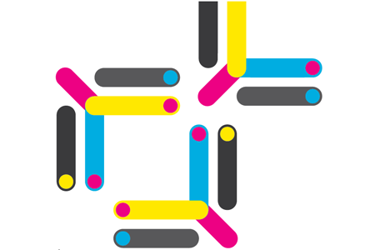Rapid Generation Of Bulk-Selected CHO Pools For Phase 1 Manufacturing Of Anti-COVID-19 Antibody
By Dr. Oren Beske

Over the last several decades, random integration platforms have served as the industry standard for cell line development. However, this traditional method combined with the requirements for cellular clonality can be very time-consuming, typically accounting for up to 6 months of a 12- to 18-month process for the generation of Phase 1 clinical trial material. Though the process is reliable, it fails to meet the urgency of emergency timelines, like those manufacturers faced amid the COVID-19 pandemic. As such, an alternate solution was critical to address the urgent and potentially lifesaving demand.
In the following case study, we examine a method for rapidly producing high-quality, bulk-selected Chinese Hamster Ovary (CHO) cell pools that were used to manufacture an antibody for potential SARS-CoV-2 infection therapy. This unique process leveraged the Leap-In Transposase platform technology which resulted in rapid, robust generation of bulk pools that provided a substrate for the GMP manufacturing of a potential anti-COVID drug. Download the full whitepaper to learn more about the impact of this innovative and experimental process.
Get unlimited access to:
Enter your credentials below to log in. Not yet a member of Bioprocess Online? Subscribe today.
